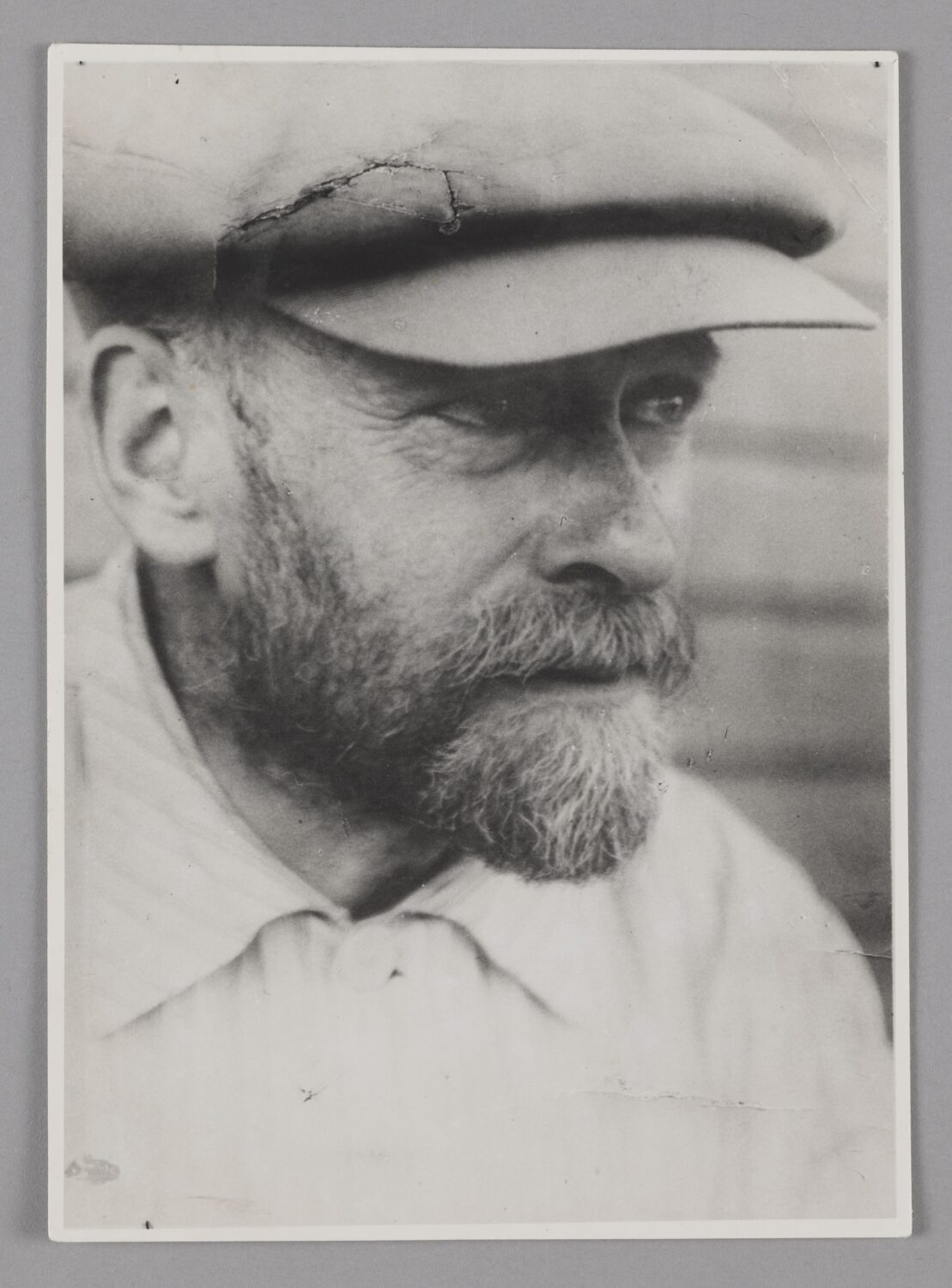Janusz Korczak
Janusz Korczak/Henryk Goldszmit
Janusz Korczak born as Henryk Goldszmit on July 22nd 1878 (or 79) in Warsaw. Killed in the German nazi death camp Treblinka on August 5th (or 6th) 1942. He was a medical doctor, educator, writer, community activist and thinker with a profound affection for his hometown throughout his entire life.

After graduating from medical school he worked at the Children’s Hospital (1905-12). He then managed “Dom Sierot“ (Children’s Home) for Jewish children (1912-1942) and jointly ran „Nasz Dom” (Our Home, from 1919 in Pruszków, then from 1928 in Warsaw) for Polish children. Both institutions were based on an educational system he created. In both of them a research program monitoring the social/community life and development of the students was in place. He was a member of numerous community and educational associations. A respected university lecturer, a popular speaker, as well as a court expert witness in cases involving children. He founded the experimental children’s newspaper „Mały Przegląd” (Little Review, 1926-1939). He worked closely with Polish Radio stations in years 1934-36 and 1938-39.
Janusz Korczak’s literary output
Korczak was both children’s and adults’ author. His literary output consists of more than twenty books, over 1400 texts published in approx. 100 titles, as well as invaluable inedita (approx. 200 pieces, including his ghetto diary).
Janusz Korczak was a witness to and a participant in historic world events, wars and revolutions. He was well-travelled and his travels were knowledge-driven and got to know Switzerland, Germany, France and England and in the 1930s he visited Palestine twice. He had a deeply rooted double cultural and national identity. As a Jew-Pole he was active in both communities, often with an aim of bringing them closer together.
Never afraid to stand up for children’s rights, Korczak was an explorer of their world and issues.
He was a symbolic resistance figure during the Holocaust and had always been considered to have an unmatched moral authority. He brought (and continues to bring!) people together above any and all divisions – a truly genuine man of the people.

